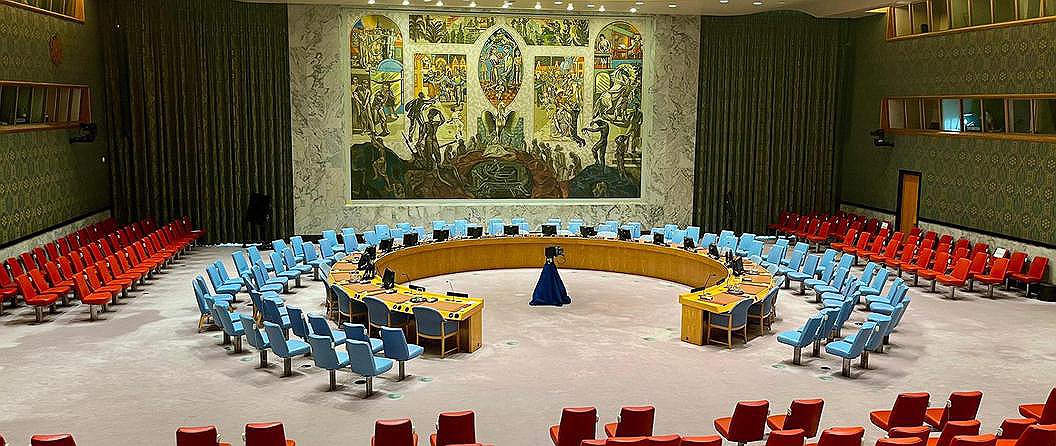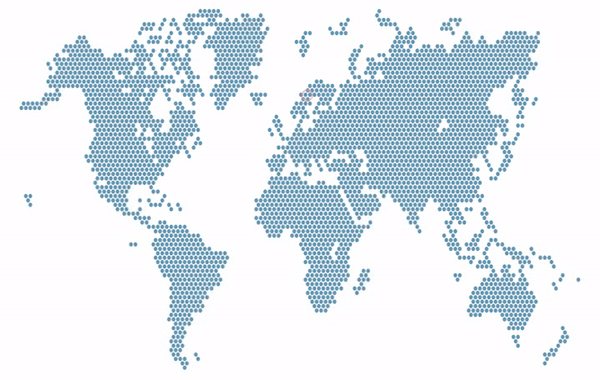
14 stycznia 2025 r. Polska wzięła udział w posiedzeniu Rady Bezpieczeństwa ONZ w formule Arria nt. komercyjnych oprogramowań szpiegujących w kontekście międzynarodowego pokoju i bezpieczeństwa.
Tekst wystąpienia wygłoszony przez Michała Miarkę, Zastępcę Stałego Przedstawiciela RP przy NZ w Nowym Jorku, dostępny jest poniżej.
Mister Chair,
Let me start by thanking the United States for convening the meeting which Poland gladly co-sponsors. We appreciate your efforts aimed at advancing this important topic that interconnects domestic affairs, human rights, export control, and international security.
As rightly noted in the HRC resolution 57/29 on Promotion, protection and enjoyment of human rights on the Internet, spyware technologies can enable human rights violations and abuses. The right to freedom of expression, the right to the peaceful assembly and association or the right to privacy, to name just a few, are particularly prone to serious infringements.
We deem human rights one of the cornerstones of democratic principles and the rule of law; misuse of spyware may put these values in jeopardy. It may – and indeed does – threaten international peace and security. Thus, in order to address the mounting challenges of today, states should undertake actions both domestically and internationally.
A number of potential steps were included in the Joint Statement on Efforts to Counter the Proliferation and Misuse of Commercial Spyware and the Guiding Principles on Government Use of Surveillance Technologies. Poland unswervingly supports both documents and subscribes to the commitments to prevent, prohibit, and persecute possible misuse of commercial spyware.
Domestically, we need to ensure active participation of all stakeholders – public administration, industry, academia, and civil society – in countering such threats. Responsibility and accountability are our guiding principles, policy-wise. It is democratic governments’ sole responsibility to protect their citizens and refrain from using constitutional prerogatives to abuse public trust. It is high time we secured the rule of law, legal transparency of the use of spyware technologies, and proper oversight. To keep up with the evolving nature of the issues, just a few weeks ago Poland introduced most recent set of amendments to existing legislation aiming at putting more control, including by the judiciary, on the operational activities of the security and intelligence services.
Mister Chair,
Domestic efforts are the baseline, but there are issues aplenty to address on the international level too. We do not approve of export of spyware when it is likely to be used for malicious purposes, especially the ones resulting in human rights violations. Like-minded states should be ready to exchange information on commercial spyware proliferation and misuse. In today’s multifaceted world, only advanced and bespoke cooperation based on mutual understanding can help prevent such situations.
Mister Chair,
We are far from saying that the use of spyware is never justified or even required. It is inevitable in certain cases. Nonetheless, application of such technologies should always be in accordance with international law, including International Human Rights Law, and Poland will continue to serve as an advocate of such a stance.
Thank you, Mister Chair.


 Ambasady GOV
Ambasady GOV 22.01.2025 / 00:38
22.01.2025 / 00:38



